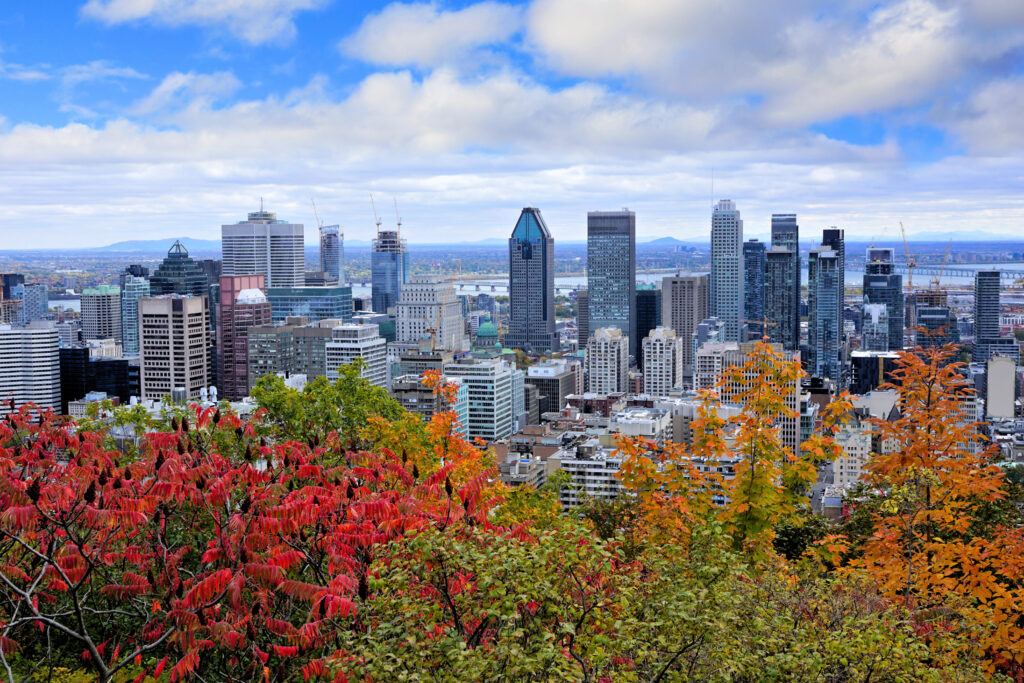
Montreal has introduced changes to its short-term rental rules that property owners planning to rent out a space on platforms like Airbnb should be aware of. These updates are part of an effort to balance tourism with housing needs and ensure compliance with municipal by-laws and the province’s Tourist Accommodation Act.
Importantly, Montreal has restricted short-term rentals, such as Airbnb, to a three-month period. The restrictions were announced on March 21, 2025, and will be in place for this year’s summer season.
New Rental Season and Location Rules
Short-term rentals of a principal residence are now only allowed during the three-month summer season. Specifically, you can rent your home from June 10 to September 10 each year. This seasonal window is designed to help maintain long-term housing availability throughout the rest of the year. It is important to note that this rule applies only if the property is your main residence.
Certain boroughs, such as Lachine, Saint-Laurent, and Saint-Léonard, have a complete prohibition on renting out principal residences to tourists. This means that if you live in one of these boroughs, you cannot list your home on an Airbnb-type platform for short-term stays.
Renting Your Principal Residence
If you plan to rent out the house or condo you live in, there are several requirements to meet. First, the dwelling must be your principal residence, and if you are the owner, you must occupy the property yourself. Tenants who want to rent out their space must have a lease that either explicitly allows short-term tourist rentals or has written authorization from the landlord. When renting your main home, you can rent it out several times during the allowed period; however, only one reservation per group is permitted at a time, and meals cannot be provided as part of the rental service.
Besides renting out your entire principal residence, there are a few additional options available. Renting out a room in your main home follows the same rules as renting the whole property. Home exchanges conducted through platforms like HomeExchange are allowed without a permit because they do not fall under traditional rental operations.
The Host Permit Process
Renting your principal residence during the designated period requires that you obtain a host permit, which must be renewed annually. The process begins with completing an online application form, which becomes available on April 1, 2025. As part of the application, you must upload several documents. These include your most recent provincial notice of assessment and one form of acceptable photo ID.
If your property is in a divided condominium, additional documentation is needed to show that the co-ownership declaration or the syndicate of co-owners authorizes tourist operations. Owners should provide either a title deed or a municipal/school tax account, while tenants must include a lease that mentions operating a tourist accommodation establishment or include written permission from the landlord. If there are other tenants listed on the lease, their authorization is also required.
After submitting your application, you will receive an email with your host permit application number and a notice of compliance signed by the city. Following this, you must visit an Accès Montréal office with your photo ID and a paper copy of your Notice of Assessment. A processing fee of $300 is included. If you have not already obtained a registration number from the Corporation de l’Industrie Touristique du Québec (CITQ), you should attach your notice of compliance with municipal by-laws to your documents. Detailed instructions are available on the City of Montreal website. Host permits must be displayed visibly from the street.
Categories of Establishments Registered with the CITQ
Montreal’s CITQ regulations break tourist accommodations into several groups. Principal residence establishments cover situations where an owner offers accommodation in their main home to one person or a group of related individuals, without serving meals. Youth tourist accommodations are defined by having at least 30 percent of their units as dormitory beds or by mainly serving disadvantaged or disabled guests.
General tourist accommodations include all other properties that don’t fall into the principal residence or youth categories. This group covers hotels, suites, or furnished apartments with kitchenettes, as well as tourist homes such as furnished apartments, houses, or cottages with kitchen facilities. Bed and breakfast establishments, which rent up to five rooms in a private residence for a maximum of 15 people and include breakfast, have their own requirements. Resorts offering an all-inclusive price for accommodation, food services, and recreational activities may also fit into one or more of these categories. Youth hostels, which provide rooms or dormitory beds along with food services, are included too. Finally, educational institutions offering accommodation are regulated unless the units are exclusively for the institution’s students.
Commercial Tourist Homes
For those looking to generate profit by operating a tourist home that is not your principal residence, different rules are in place. Several boroughs restrict these commercial tourist accommodations to authorized areas only. If you want to rent a property for periods of 31 days or less throughout the year that is not your main home, you must secure a certificate of occupancy. This certificate is essential as it confirms that your property meets the required safety and zoning standards before it can be legally offered as a tourist rental.
Bed and Breakfasts
If you wish to operate a bed and breakfast, be aware that this is only permitted in certain boroughs. Regardless of the season, you must check with your borough to determine whether you need a certificate of occupancy. Similarly, if you want to rent a space to tourists that is not your principal residence, you must secure a certificate of occupancy, and these rentals are only allowed in certain areas of Montreal.
Whether you want to rent out your main home during the summer months, run a commercial tourist home, or explore other options like renting a room or operating a bed and breakfast, understanding these rules is essential. Keeping up with guidelines will help accommodations owners avoid fines and ensure the rental operation is both legal and successful.






